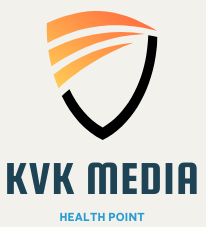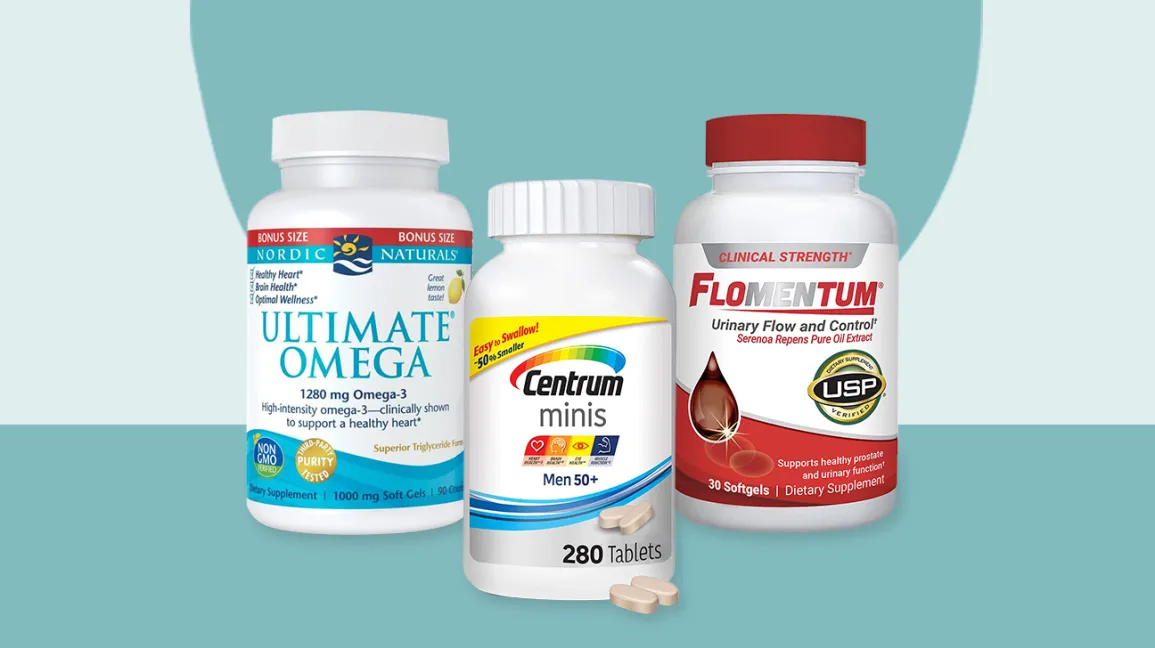Introduction to Healthy Aging
Aging is a natural part of life, and with it comes a desire to maintain our health and vitality. As we age, our bodies undergo various changes that can affect everything from energy levels to skin elasticity. The good news? There are ways to support your body through this journey. One powerful tool in the pursuit of healthy aging is nutrition—particularly vitamins.
Vitamins play a crucial role in keeping our bodies functioning optimally as we grow older. They help boost immunity, enhance brain function, and promote overall well-being. But which ones should you focus on? Understanding the essential vitamins for healthy aging can empower you to take charge of your health and enjoy every stage of life to its fullest. Let’s dive into the vital nutrients that can make a significant difference!
Role of Vitamins in Maintaining Good Health
Vitamins are essential for our overall well-being, particularly as we age. They play a crucial role in various bodily functions, from boosting immunity to promoting bone health.
Each vitamin has its unique purpose. For instance, Vitamin D is vital for calcium absorption and maintaining strong bones. Meanwhile, B vitamins support energy levels and cognitive function.
As the body ages, nutrient absorption may decline. This makes it even more important to ensure adequate intake of these micronutrients. A balanced diet rich in fruits, vegetables, whole grains, and lean proteins can help meet these needs.
However, some individuals may struggle to get enough vitamins through food alone. In such cases, supplements can serve as a convenient option but should be chosen wisely with professional guidance.
Top 5 Essential Vitamins for Healthy Aging
Vitamin D is crucial for bone health. As we age, our bodies become less efficient at producing this vitamin. Adequate levels can support calcium absorption and promote a strong skeletal system.
Next up is Vitamin B12. This vitamin plays a vital role in maintaining nerve function and red blood cell production. Older adults often struggle with B12 absorption, making supplementation or dietary sources essential.
Vitamin C cannot be overlooked. It acts as a powerful antioxidant that helps combat oxidative stress, reducing the risk of chronic diseases common in older age.
Then there’s Vitamin E, known for its skin-protecting properties. It aids in preventing skin damage and promotes overall heart health through its anti-inflammatory effects.
Consider Omega-3 fatty acids as part of your ‘vitamin’ intake—though technically not vitamins—they support brain function and reduce inflammation throughout the body.
Benefits of Each Vitamin for Aging Adults
Vitamin D plays a vital role in bone health by enhancing calcium absorption. It can help prevent fractures and osteoporosis, common concerns for aging adults.
Vitamin B12 is essential for maintaining nerve function and producing red blood cells. Deficiencies can lead to fatigue and cognitive issues, making it crucial as we age.
Vitamin C acts as a powerful antioxidant, aiding the immune system. It also supports skin health by promoting collagen production, helping maintain elasticity over time.
Omega-3 fatty acids are not technically vitamins but are equally important. They support heart health, reduce inflammation, and may improve cognitive function—key areas of concern as we grow older.
Vitamin E serves as another potent antioxidant that helps protect cells from damage. It’s particularly beneficial for skin repair and may contribute to better vision in seniors.
How to Incorporate These Vitamins into Your Diet
Incorporating essential vitamins into your diet can be both enjoyable and straightforward. Start by including a variety of colorful fruits and vegetables in your meals. Leafy greens, berries, and citrus fruits are fantastic sources of several vital nutrients.
Consider adding nuts and seeds to your snacks or salads. They not only provide healthy fats but are also rich in minerals that support overall well-being.
For those who enjoy cooking, try experimenting with whole grains like quinoa, brown rice, or oats. These ingredients offer fiber along with key vitamins.
Don’t forget about protein! Lean meats, fish, legumes, and dairy products can boost vitamin intake while keeping meals satisfying.
If you find it hard to get everything through food alone, consider high-quality supplements after consulting a healthcare professional. This way you ensure you’re meeting your nutritional needs effectively.
Potential Risks or Interactions to Be Aware Of
While vitamins can offer numerous benefits for healthy aging, it’s crucial to be aware of potential risks and interactions. Not all supplements are suitable for everyone. Some may lead to adverse effects or interfere with medications.
For instance, high doses of vitamin E can increase the risk of bleeding, especially if you’re taking blood thinners. Similarly, vitamin K plays a vital role in blood clotting but may counteract some anticoagulant medications.
Another point worth noting is that excess amounts of fat-soluble vitamins like A, D, E, and K can accumulate in the body and cause toxicity over time. Water-soluble vitamins generally flush out more easily but still require moderation.
Always consult your healthcare provider before adding new supplements to your routine. This ensures you make informed choices tailored to your specific health needs while minimizing any unwanted complications.
Conclusion and Final Thoughts
Aging is a natural process, and while we cannot stop time, we can certainly enhance our quality of life as we age. Vitamins play a crucial role in maintaining health and vitality during this journey. By focusing on essential vitamins like B12, D3, E, C, and A, you can support your body’s functions effectively.
Incorporating these vitamins into your daily diet is easier than it seems. Whole foods such as leafy greens, fatty fish, nuts, fruits, and dairy products are excellent sources that nourish the body while providing the necessary nutrients.
However, it’s vital to be mindful of potential risks or interactions with other medications you might be taking. Consulting with a healthcare professional before making significant changes to your vitamin intake ensures safety and effectiveness.
Healthy aging is about balance—nurturing both your body and mind through proper nutrition. Prioritizing these vitamins can lead to better overall well-being and an improved quality of life as you navigate the beautiful journey of growing older. Embrace the process; every step matters when it comes to fostering health in later years.




